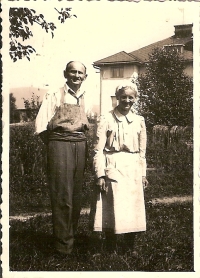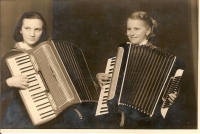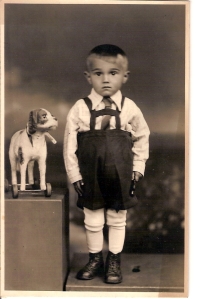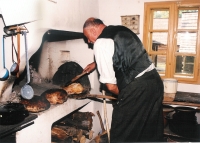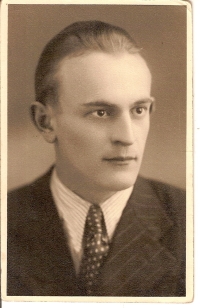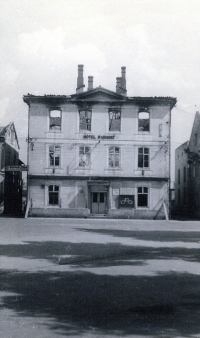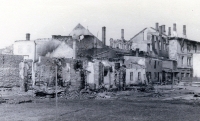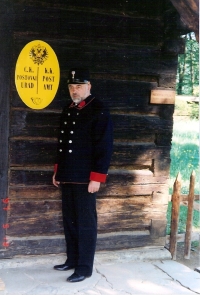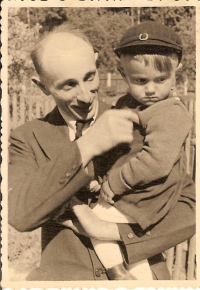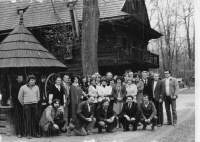I spent forty years of my life in the Wallachian Museum in Rožnov

Download image
Michal Chumchal was born on 9 May 1941 in Hranice na Moravě, the older of two children, to parents Marie and Jan Chumchal. He grew up in Horní Paseky in Rožnov pod Radhoštěm. His father worked as a joiner, his mother was a housewife. He experienced the liberation of Rožnov, during which the Soviets almost killed his grandfather. Because of his father, a self-employed person, he was not admitted to the industrial school and in 1956 - 1958 he was apprenticed as a joiner in Bystřice pod Hostýnem. In 1953 the communists nationalized his father’s trade. After his apprenticeship he worked in the national enterprise TON, later in a municipal enterprise. From 1964 to 2004 he was employed as a joiner and later as a conservator in the workshop of the Wallachian Museum in Rožnov. In 1966 he married Jana Barabášová and in 1968 their son was born. He still cooperates with the museum today, he is interested in the history of Rožnov and its surroundings. In 2021, at the time of recording for Memory of Nations, he lived in Rožnov pod Radhoštěm.
